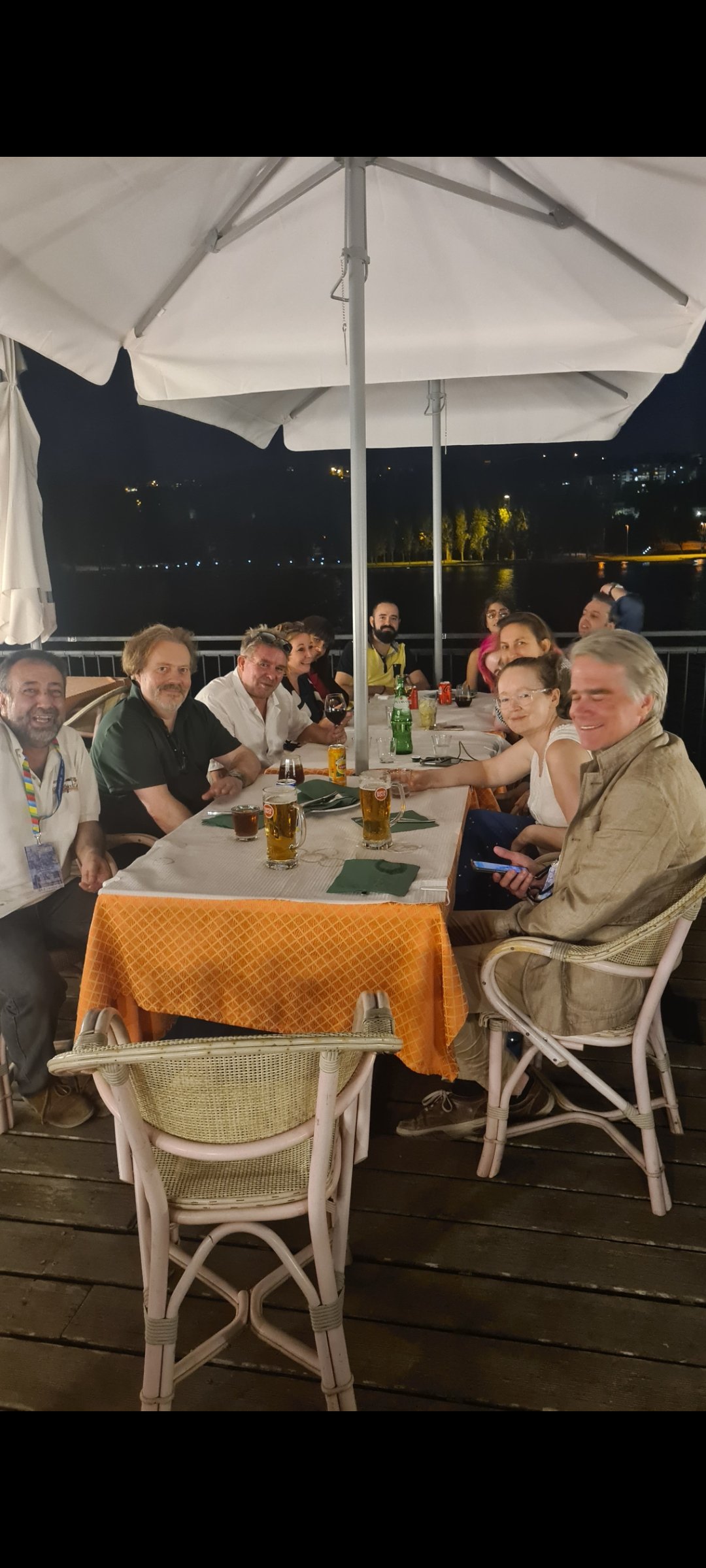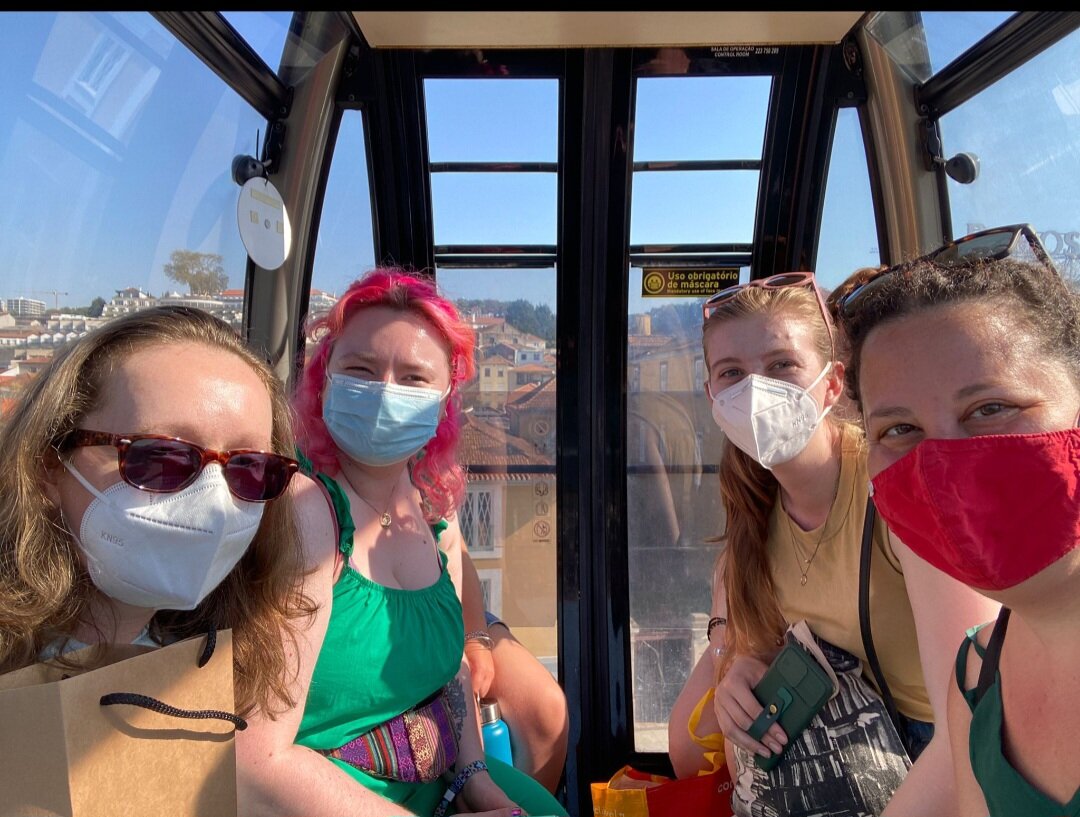Things Nobody Talks About: Conference Edition
Conferences can be really daunting when you’ve never been before, especially if you’re presenting your research for the first time. Here’s some tips on how to navigate conferences and things I wish I knew before I went to my first one.
1. You Won’t Recognise Everyone
And that’s okay! You’re not expected to search everyone on Google Images before you arrive at the venue. You might hear a name and think: “Wow! That’s THE person who inspired my research”, you can go introduce yourself, nobody expects you to know every single face and name.
2. Talk To Everyone
This is the best piece of advice. If you have the opportunity to dish out champagne at a conference, take it. This gives you an excuse to ask every single person what their research is about while you pour.
You can be quite forward, also. If the person you’re talking to hasn’t asked you about your research then offer it forward – there might be some overlap or they may have ideas or know someone you can contact.
Also: go to the drinks! Networking isn’t always organising a zoom call, a coffee or even exchanging readings. The real networking happens over dinner and drinks. It doesn’t need to always be research focused, you can ask how their flight was, how they’re finding the city, the university – everyone is human. Sometimes the nicest and most fruitful conversations consist of learning about someone’s favourite sweets by order of preference, their son who is in Hawaii, or how their dog is doing and whether it’s putting on weight in their absence. Building real connections with people doesn’t always follow a script.
Images: socialising with colleagues and friends.
3. Organise Funding ASAP
This is practical and crucial. Your university’s funding is not exhaustive and it really is up to you to sort alternatives – check associations and societies which are related to your research.
The more you apply to, the better your chances and you have a higher chance of getting funding when you look proactive and have applied to as many places as you possibly can.
This was one of the newest and hardest things for me: funding forms are a new language. Make sure you keep all your sentences concise and to the point, show your output and also include what you bring to the table – what can these scholars learn from you? If it sounds lengthy, it probably is – cut it. Be accurate with pricing and look for budget options like cheap hotels and walk, where possible.
4. You Can Make Friends!
This has to be the nicest part of conferences. This is your academic home, this is your niche and everyone in the room has similar interests to you. Go for lunch, drinks and exchange details – these people are your people!
Making friends over dinner
5. You Will Be Tired
Conferences are amazing and a real meeting of minds however, they can be exhausting! There may be 8am plenaries running through until 6pm. Then by the time you have dinner, drinks and get back to your hotel – it can be very late. You will be tired but it’s worth it. It will be a few days to a week of intense socialising, late nights and early starts but it’s definitely worth it – sleep when you get back.
Enjoy the Experience
Going to your first conference can be scary and overwhelming but this truly is one of the best aspects of academia and research. It’s definitely worth the stress, travel and funding complications: start early and make the most of it.
Rachel enjoying Portugal
Good luck and sign up to conferences: remember, your presentation is such a small part, the real value is in the connections you make.
Good luck!
Rachel Eager
Rachel Eager is a second year PhD Candidate in Comparative Literature and is the Communications Intern 22/23. You can email her: Rachel.Eager@Glasgow.ac.uk or on Twitter @RachelEager2.









